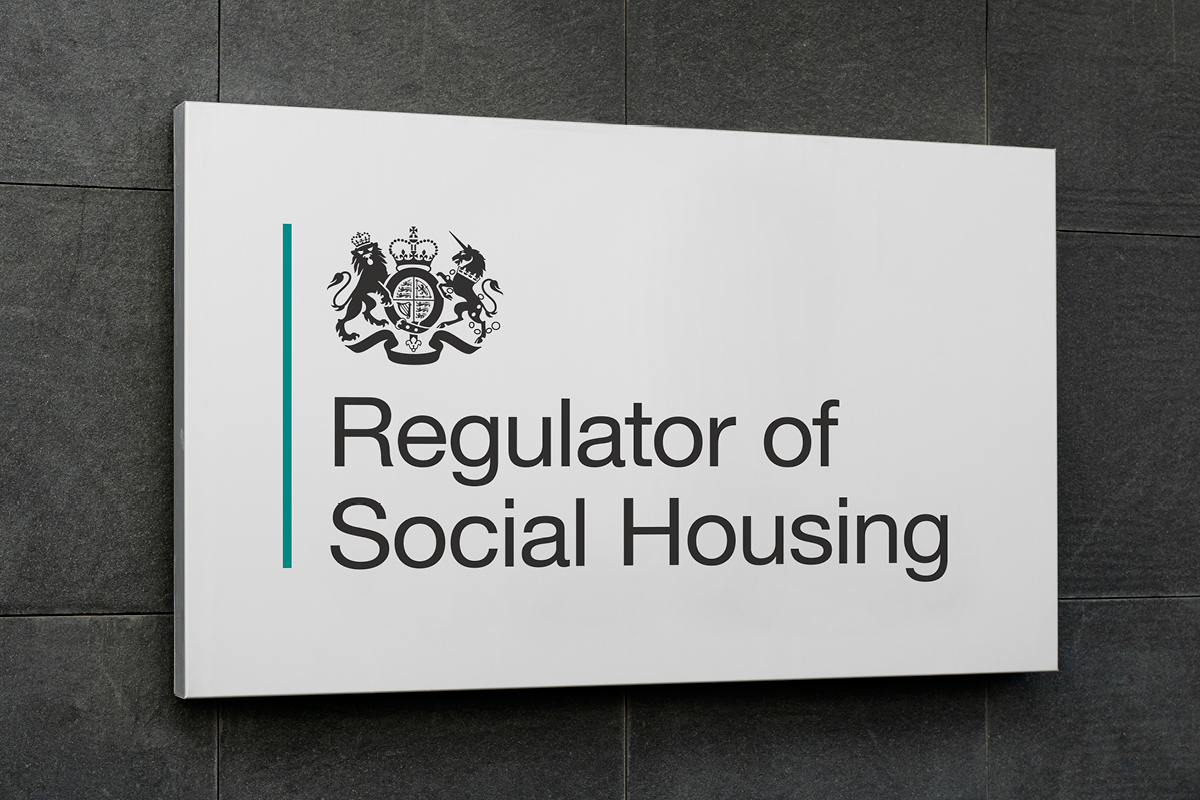High Court upholds regulatory judgement against lease-based housing association
The High Court has rejected a housing association’s unprecedented attempt to overturn a regulatory judgement which found it non-compliant.
Judge Martin Chamberlain has dismissed Inclusion Housing Community Interest Company’s landmark legal challenge against the Regulator of Social Housing (RSH) over the judgement, which was originally published in February 2019.
The English regulator gave 2,000-home Inclusion – which provides specialist supported housing using a business model based on leasing properties from investment funds – a ‘G3/V3’ rating, indicating that it failed to meet governance and financial viability standards.
Today’s ruling means the regulatory judgement remains in place.
At a hearing last month, the court heard how in 2015, the regulator found Inclusion – then a much smaller organisation with fewer than 1,000 homes – compliant despite a report warning it was at risk of insolvency.
Inclusion argued it has strengthened as a business since then, but the RSH insisted that a “mismatch” between the certainty of the association’s income stream and its lease liabilities to investors remained a “fundamental issue”.
Mr Chamberlain said: “The regulator is in my judgement entitled to conclude that a provider whose business model is judged to involve too much risk has failed to ensure an effective risk management framework, particularly where, as here, the flaws were identified very clearly in 2015 and, in the regulator’s view, have not been sufficiently addressed since.”
Daniel Stilitz QC, representing Inclusion, had also claimed that the judgement itself was “very poor and flimsy” and that it failed to explain why the association was non-compliant, while Monica Carss-Frisk QC, acting for the RSH, argued that it gave “clear and sufficient reasons”.
In his judgement, Mr Chamberlain said that in the context of wider engagement between the regulator and Inclusion, the reasons given were “intelligible and adequate”.
He added: “In any event, the regulator’s duty was to explain adequately why it reached the conclusions it did about Inclusion, not to explain why its business model was more concerning or risky than that of other providers.”
The association had challenged the regulatory judgement on five grounds: adequacy of reasons, irrationality, unlawful approach to analysing risk, unlawful departure from the regulator’s policy on grading financial viability and disproportionate interference.
But the judge dismissed each of the challenges.
He also concluded that Mr Stilitz’s argument that the RSH had failed to comply with its duty to promote the provision of social housing could not be taken into account, as the regulator had not had enough opportunity to respond to this claim.
In a statement, the RSH said: “We welcome the decision today (24 February 2020) of the High Court dismissing Inclusion Housing’s challenge to our regulatory judgement following the court’s careful consideration of this matter.
“Our judgement on Inclusion Housing remains in place and we continue to work with the organisation and hope it will take steps to address our concerns.
“This will help ensure that the long-term interests of the tenants of Inclusion can be best protected.”
A spokesperson for Inclusion said: “Inclusion does the right thing in delivering much-needed specialist supported housing to the disabled and the most vulnerable in society.”
The association added that it “continues to thrive financially with year upon year strengthening of our balance sheet, cash reserves and surplus” and pointed to a line in the High Court judgement noting that “the regulator accepts that its conclusion was not premised on any identified criticism of Inclusion’s governance arrangements or structures”.
Inclusion’s business model is based on leasing supported housing from investment funds such as real estate investment trusts (REITs) through inflation-linked deals.
Several housing associations funded this way have been found in breach of the RSH’s standards since one, First Priority, almost went insolvent in 2018.
An RSH report into the model published last April said it is “hard to see” how such housing associations can be compliant.
Update: at 14.26pm on 24/02/20 a statement from Inclusion was added to the story
Update: at 10.15am on 25/02/20 more information was added to the story













